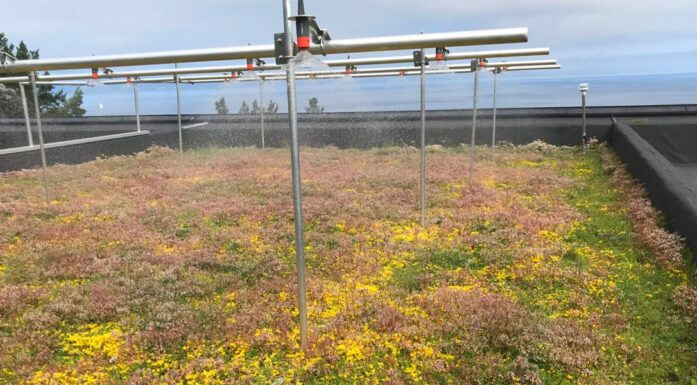A walk in the woods in the middle of your working day can boost your performance
Research indicates that workplaces which encourage a healthy integration between their employees’ work and personal lives have a happier and better performing workforce.
Working hours. The balance between our working hours and free time has become a hot topic, not least in the wake of the Covid pandemic. In an article published on the professional online network LinkedIn, Nils Brede Moe, who is a researcher at SINTEF Digital, argued that working in the evenings may be good for you, provided that this is what you have chosen to do. The article attracted 70,000 ‘views’!
You can also listen to Moe explaining his views about the relationship we have between our work and free time in the Norwegian podcast series ‘Smart forklart’ (Smart technology explained). Moe believes that working in the evenings is something that people prefer not to talk about. Evening work is not perceived as positive – a sign that you are unable to find the right balance between your work and free time.
A lot depends on our being able to control how we spend our time. Moe argues that if you have to drive the kids to football in the afternoon, you will be less stressed if you can choose to leave work a little early and then work for a stretch in the evening. And if the sun is shining now, but the forecast says that it will be pouring down later in the evening, it may be a good idea to get out to the beach and catch up with your work when it’s raining.
Moe emphasises that his research is based on occupational groups who work together in teams. Of course, not everyone has the same flexibility in their working hours.
Moe’s research is showing that having to meet a deadline – such as getting everything done before 4 p.m. – is much more stressful than if you can control your working hours yourself. The key is to decide for yourself how you divide your time. Moe doesn’t want to put all the blame on evening work as the cause of widespread employee burnout. He believes that the problem lies more in the fact that nowadays people are available all the time and consequently working too many hours.
Do you want to find out more about what Nils Brede Moe thinks about our working hours?






